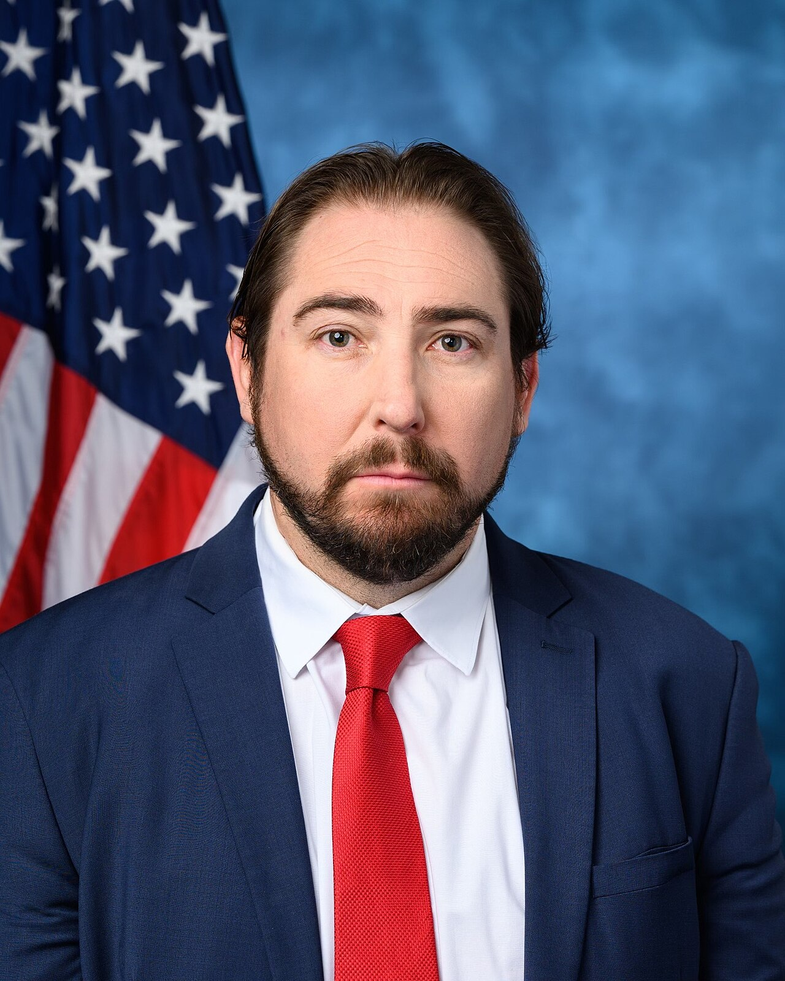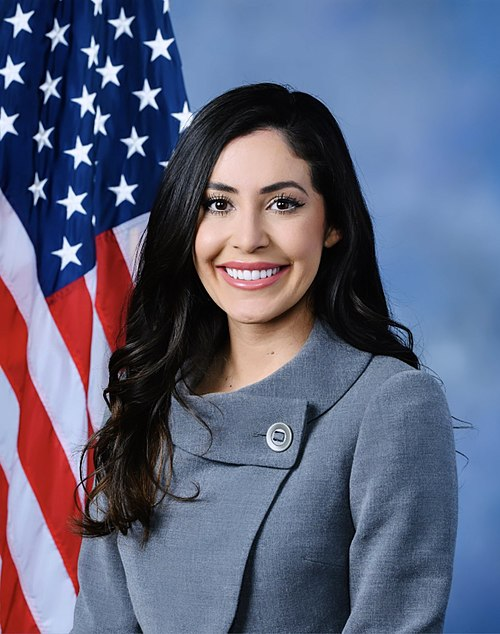H.R. 3493: Global Fairness in Drug Pricing Act
This bill, known as the Global Fairness in Drug Pricing Act
, aims to reduce prescription drug prices in the United States by implementing several key provisions.
Most-favored Nation Price Targets
Under this bill, within 30 days of its enactment, the Secretary of Health and Human Services is required to propose a plan to set most-favored-nation price targets. This means that the prices U.S. patients pay for pharmaceutical products should be comparable to those paid in other developed countries with similar economic standards. The goal is to align U.S. drug prices with international benchmarks to potentially lower costs for consumers.
Importation of Prescription Drugs
The bill also allows for individuals to import prescription drugs from countries where they are significantly cheaper. The Secretary of Health and Human Services must certify that such importation does not pose a risk to public health and will significantly lower costs for American patients. The Secretary will outline conditions under which patients can consistently apply for waivers to import drugs on a case-by-case basis from safe, developed countries.
Enforcement Actions
To combat anti-competitive practices in the pharmaceutical industry, the Attorney General and the Chair of the Federal Trade Commission (FTC) are tasked with enforcing existing laws against such practices. This enforcement would aim to ensure fair competition and address pricing strategies that may unfairly disadvantage consumers or restrict market access.
Direct-to-Consumer Purchasing Programs
The bill encourages the Secretary of Health and Human Services to facilitate programs that allow consumers to purchase drugs directly from manufacturers at the reduced prices determined by the proposed price-setting rules. This would aim to enhance accessibility and affordability for patients by cutting out intermediaries that could drive up costs.
Study of Manufacturer Practices
Additionally, the bill mandates a study by the Secretary of Commerce and the U.S. Trade Representative to investigate whether pharmaceutical companies engage in unreasonable or discriminatory practices. The study will look into practices that might harm national security, force U.S. patients to subsidize pharmaceutical research and development globally, or suppress prices in foreign markets below what is deemed fair market value. The findings must be reported to Congress within 180 days of the bill's enactment.
Relevant Companies
None found
This is an AI-generated summary of the bill text. There may be mistakes.
Sponsors
5 bill sponsors
Actions
2 actions
| Date | Action |
|---|---|
| May. 19, 2025 | Introduced in House |
| May. 19, 2025 | Referred to the Committee on Energy and Commerce, and in addition to the Committees on Ways and Means, and the Judiciary, for a period to be subsequently determined by the Speaker, in each case for consideration of such provisions as fall within the jurisdiction of the committee concerned. |
Corporate Lobbying
0 companies lobbying
None found.
* Note that there can be significant delays in lobbying disclosures, and our data may be incomplete.
Potentially Relevant Congressional Stock Trades
No relevant congressional stock trades found.




